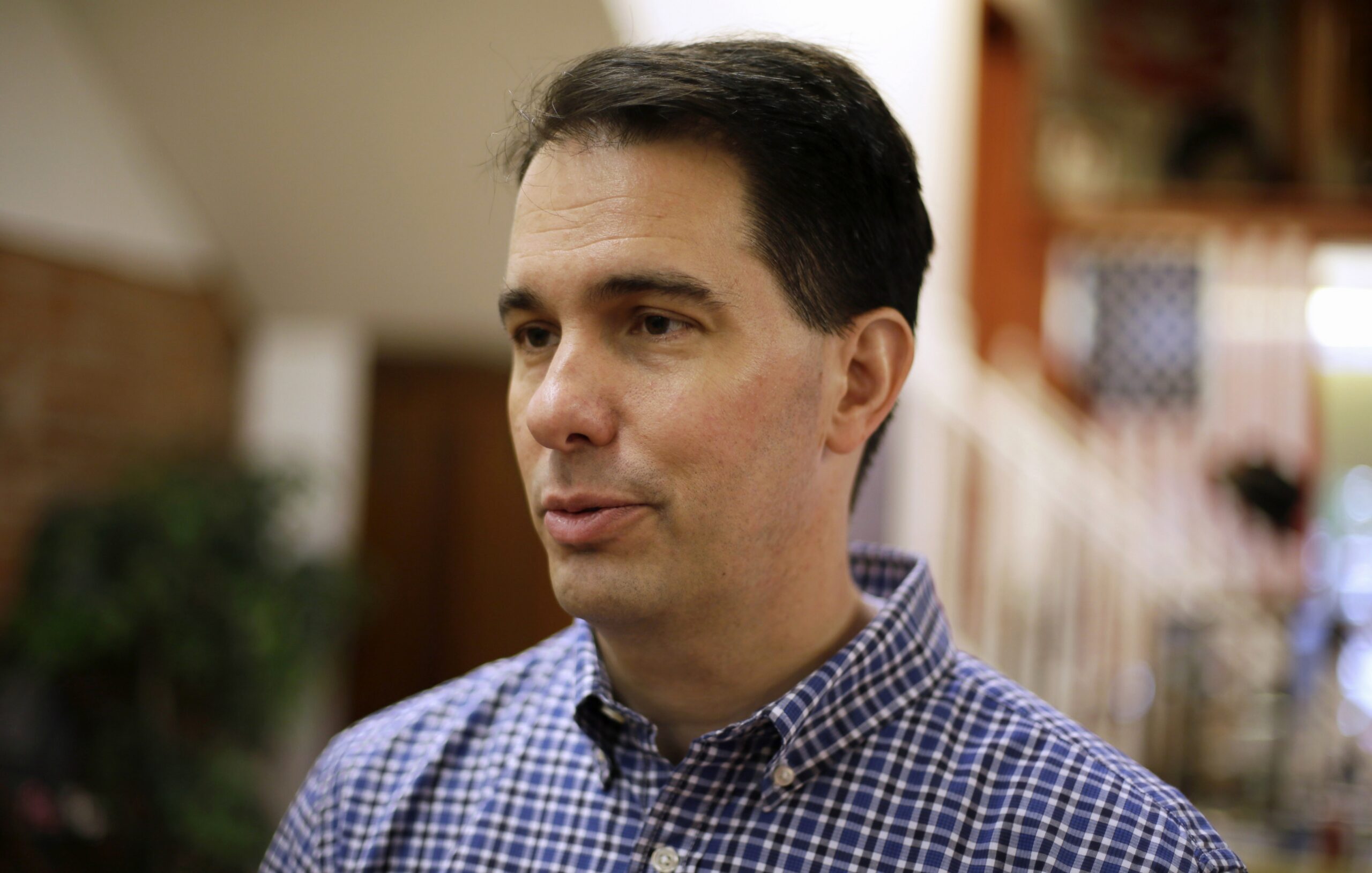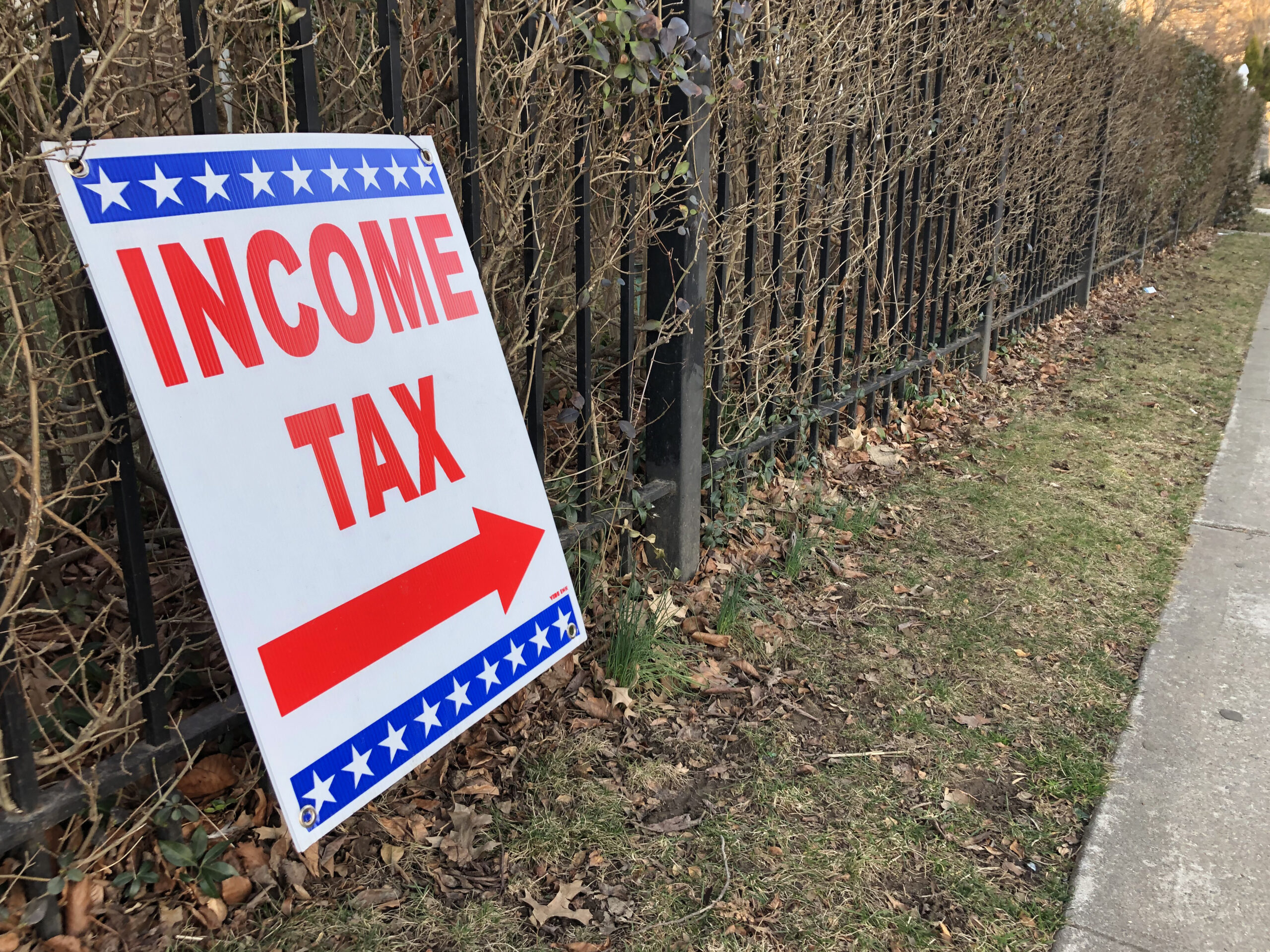Gov. Scott Walker said he plans to address the rising cost of health insurance in 2018.
Walker said Thursday in La Crosse that he plans to lay out his agenda for next year’s session in January. Along with workforce and education, Walker said addressing the rising cost of health insurance will be a top issue.
“In light of the inaction in Washington when it comes to health care, there’s more that we can do to help people in the state of Wisconsin, particularly help to try and take a bite out of high premium costs,” Walker said.
Stay informed on the latest news
Sign up for WPR’s email newsletter.
State insurance officials have said they’re considering applying for a federal waiver to set up an alternative insurance system in the state.
The waiver could help cover patients with high-cost conditions through a reinsurance program or a program similar to a high-risk pool.
Walker said he’s also been talking with Assembly Speaker Robin Vos, R-Rochester, about expanding support for public schools in the next session.
“(Vos) was very interested in the things that we’d like to do to continue, particularly for rural schools and low-revenue schools to give them support,” Walker said.
Walker also commented on the local benefits of the recently approved federal tax overhaul.
While the state Department of Revenue is still reviewing the GOP’s final tax bill that was approved this week, Walker said he thinks it will be a “net win” for the average taxpayer in Wisconsin.
“They’ll see a reduction under the bill that passed out of committee in large part because of the changes made at the tail end for the child tax credit,” Walker said. “Any time you put more money back in the hands of hard working taxpayers, that’s a good thing.”
As part of the tax bill, lawmakers greatly expanded the child tax credit, a benefit meant to offset the cost of raising children. But some say higher-income families will see more of the benefits from the change.
Wisconsin Public Radio, © Copyright 2024, Board of Regents of the University of Wisconsin System and Wisconsin Educational Communications Board.






